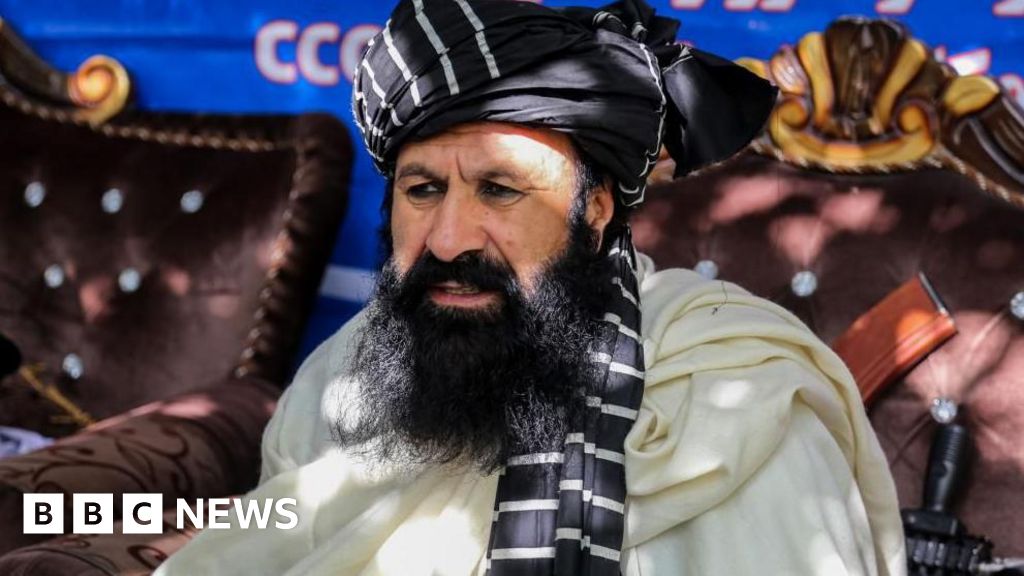Taliban Minister Killed in Kabul Suicide Bombing: A Major Setback for the Group
In a significant turn of events, Khalil Haqqani, the Taliban’s refugee minister and a high-ranking figure within the notorious Haqqani network, was killed in a suicide bombing on Monday inside the interior ministry in Kabul. This incident marks one of the most high-profile casualties for the Taliban since the group regained control of Afghanistan in 2021. Eyewitness reports indicate that Haqqani was targeted as he exited his office, resulting in the death of at least six others, according to sources within the ministry.
The attack was claimed by the Islamic State (IS), which reported the incident through its news outlet, Amaq. They detailed how a militant waited for Haqqani to leave his office before detonating explosives, showcasing the ongoing violence that continues to plague Afghanistan. A Taliban spokesperson confirmed the involvement of IS, highlighting the persistent security challenges that the nation faces, even after a period of Taliban rule.
Khalil Haqqani’s background is deeply intertwined with militant operations; he is a pivotal figure in the powerful Haqqani network, which has been responsible for numerous attacks during the Taliban’s lengthy insurgency. His lineage carries further weight, as he is the nephew of Sirajuddin Haqqani, the current interior minister and son of Jalaluddin Haqqani, a noted guerrilla leader from the Soviet-Afghan war era. This incident not only signifies a loss for the Taliban’s leadership but also underscores the apparent instability within the nation’s security framework.
While the Taliban asserts that security has improved since their takeover and the exit of foreign troops, incidents like these reveal a stark reality. Numerous bombings and suicide attacks continue to occur annually, predominantly attributed to the Islamic State Khorasan Province (ISKP), a regional affiliate posing a substantial threat to the Taliban’s authority.
Reflecting on the profound tensions and the cycle of violence, one might contemplate the biblical principle articulated in Matthew 5:9: “Blessed are the peacemakers, for they will be called children of God.” In a world where violence breeds violence, the teachings of Jesus remind us of the value of peace and reconciliation. As conflicts unfold and lives are lost, this incident serves as a poignant reminder of the need for peacekeepers—those who will strive for understanding and healing in a fractured world.
As we process the tragic events from Kabul, let us reflect on the broader spiritual lesson of pursuing peace amid turmoil. The call to be a peacemaker is a timeless one, urging us not only to pray for those affected by violence, but also to consider our own roles in fostering peace in our communities. With every act of kindness and understanding we extend, we contribute to healing a world in desperate need of compassion.
Explore and dig up answers yourself with our BGodInspired Bible Tools! Be careful – each interaction is like a new treasure hunt… you can get lost for hours 🙂


